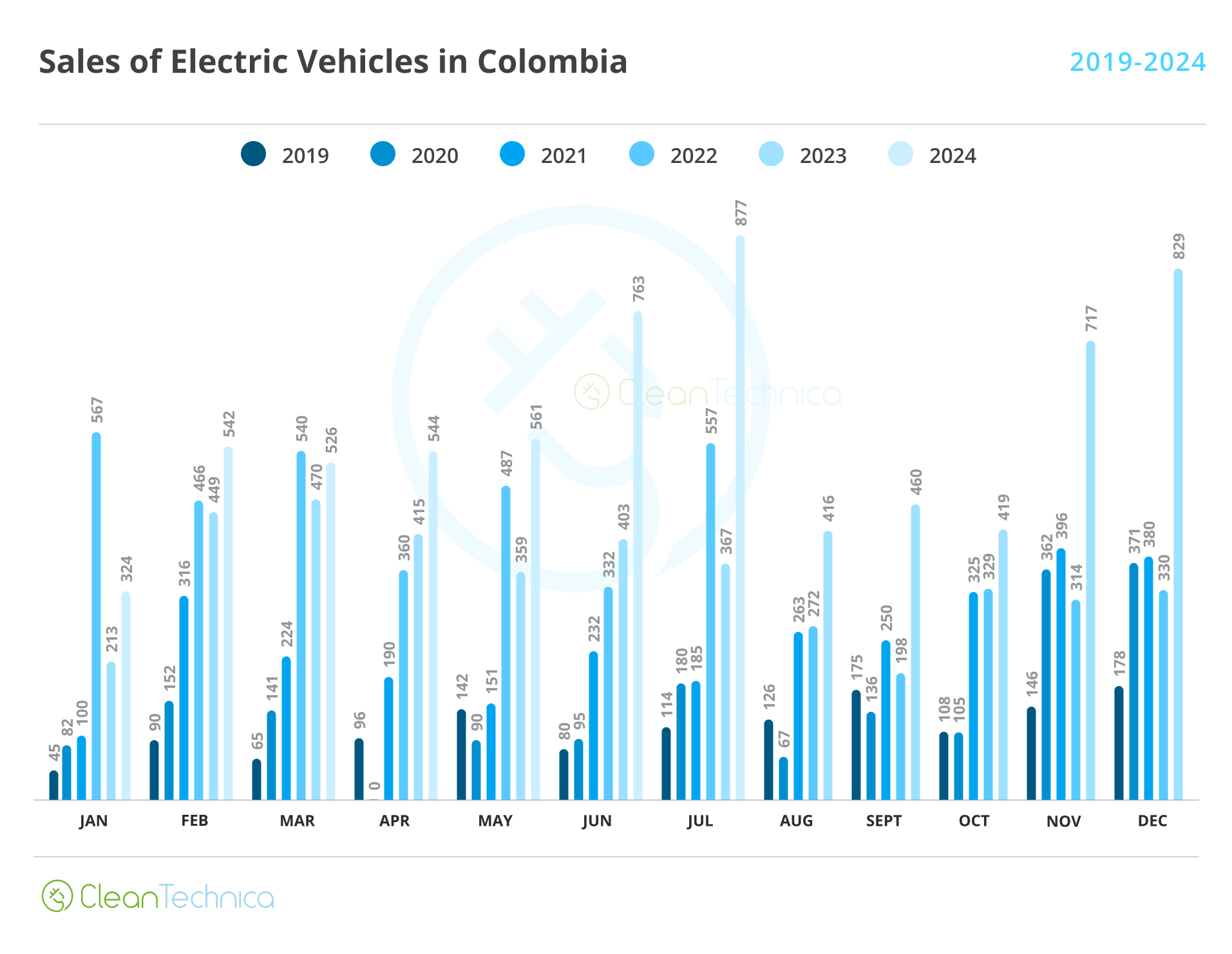Lorne Gunter
When it comes to electric vehicles (EVs), the Trudeau government and Environment Minister Steven Guilbeault are putting the policy cart before the technology horse.
If last week’s extreme cold temperatures over most of the country taught us anything, it’s that EVs just aren’t practical (yet) for a country this big and this cold.
The federal Liberals may be willing to risk hundreds of billions of your tax dollars and mine for manufacturing subsidies, purchase subsidies and EV infrastructure to try to force a market for electrics into existence, but Canadians are just not ready to get rid of their internal combustion engines (ICEs). And with good reason.
I heard from a reader in northern Manitoba. He has a Ford Lightning (the fully electric version of the F-150 pickup). When the temperature fell to -40C last week, his truck’s range dropped by half after driving it just 18 kms. He was forced to abandon his work-related trip so he could return home before the charge ran out and he found himself stranded quite literally in the middle of nowhere without heat in the cab.
Another reader, this one from Edmonton, found that not only was his range severely reduced by the cold, but charging time was doubled. His wait at a public fast-charger was two hours instead of one because he had to keep the heat on in his Tesla.
Many charging stations across the country have also been reported to stop working in the extreme cold.
Since this is a country that experiences extreme cold (below -25C) most winters, that makes an EV an unacceptable risk, or at the very least a horrible inconvenience.
Also this week, the highly respected testing magazine, Consumer Reports, said that when temperatures are only as cold as +7C, EVs lose about 25% of their range compared to temperatures of +15C and a third when compared to temps of +25C.
Ranges, of course, are much further diminished when outside temperatures fall below -20C.
Environment Minister Steven Guilbeault says the upcoming Electric Vehicle Availability Standard will encourage automakers to make more battery-powered cars and trucks available in Canada. Automakers will have the next 12 years to phase out combustion engine cars, trucks and SUVs with a requirement to gradually increase the proportion of electric models they offer for sale each year. Dec. 19, 2023
Additionally, Consumer Reports (CR) found that “short trips in the cold with frequent stops and the need to reheat the cabin after a parking pause saps 50% of the range.” That means EVs may be impractical in Canada even for urban commuters or suburban families.
Late last year, CR also concluded EVs are 73% less reliable than gasoline vehicles. As well, they were more expensive to maintain and repair. And when the costs of electricity and home chargers are included, EVs are at least as expensive as gasoline vehicles to refuel.
That puts the lie to Guilbeault’s claim (made in December when announcing his mandate that all new vehicles be EVs by 2035) that while EVs are more expensive to buy, once consumers drive them off the lot, they become much more affordable than gasoline or diesel vehicles.
Not only are EVs more expensive to buy and maintain, because of their weight, they chew through tires about 40% faster. They are more expensive to insure because they cost so much more to repair if they are involved in an accident. They depreciate faster than ICEs. And their batteries lose up to half of their life in four or five years, even if they are fully charged.
All of this explains why car-rental giant, Hertz, announced earlier this month that it was selling its EV fleet – 20,000 cars. They are just too expensive.
Electric vehicles may not be that good for the environment, either.
Many components are, of course, manufactured in China (or by Chinese companies operating elsewhere) using electricity from coal-fired power plants. And this week, Blacklock’s Reporter revealed the federal Fisheries department is reviewing Northvolt, the Swedish battery maker building a heavily-subsidized plant in Quebec, for potential harm to fisheries, wetlands and streams.
The Liberals’ EV mandate is a very, very expensive farce that will likely produce few, if any, environmental benefits.
Article Originally Published in the Toronto Sun Here
Share This:




